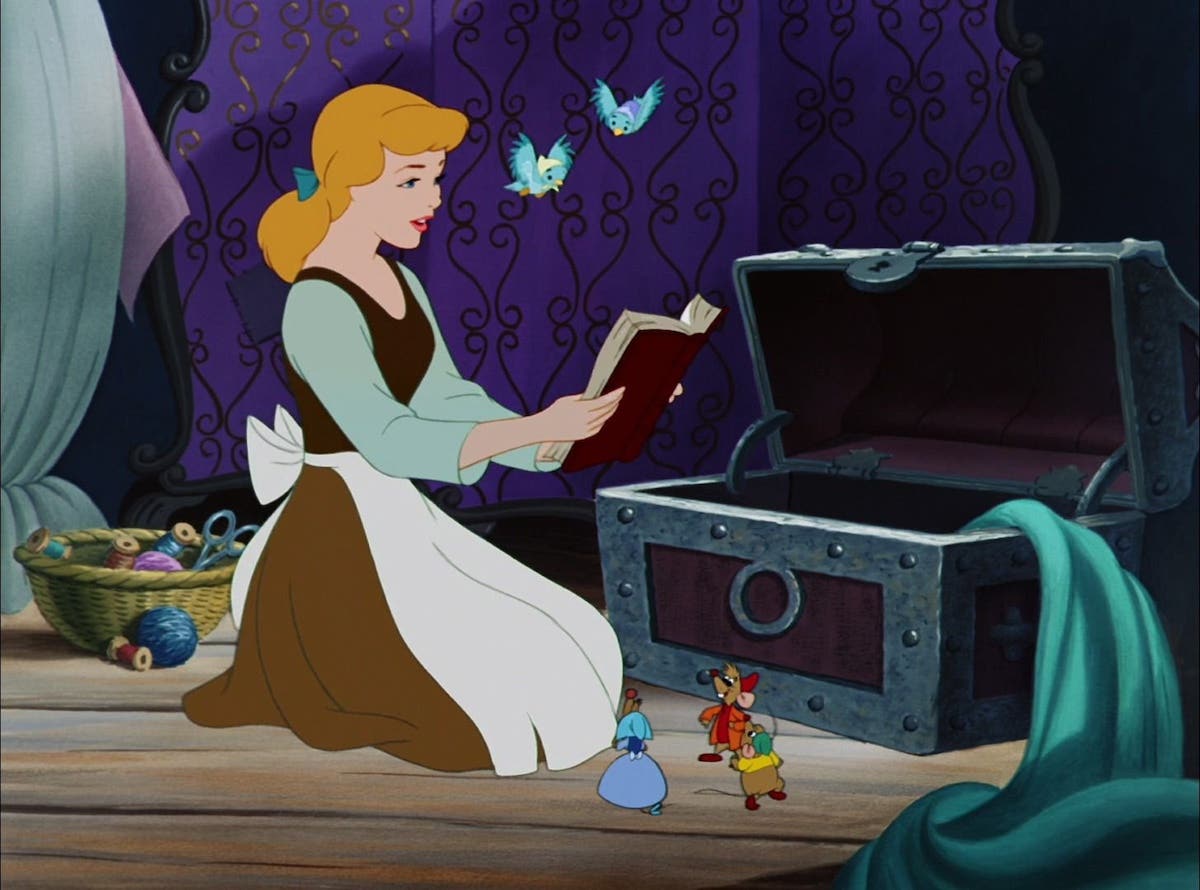Legally Speaking, It Depends: They Stole My Movie Idea!
“I have this great idea for a movie, but I’m afraid someone might steal it.” I can’t tell you how many different variations on that conversation starter I’ve heard being…
“I have this great idea for a movie, but I'm afraid someone might steal it.”
I can't tell you how many different variations on that conversation starter I've heard being an entertainment attorney working with writers and independent filmmakers over the years. And being a screenwriter myself, I know the allure of having a great idea burning to become a sure-fire blockbuster in your head. It's intoxicating, so new and exciting. So it always hurts a little when I have to start my usual reply,
“You see it's like this, the old saying still holds, 'Ideas are a dime a dozen,' which makes each idea worth about 0.8 cents and this industry rounds down.”
In fact, exploiting the “penny for your thoughts” market would be a better moneymaking racket than selling ideas.
Don't get me wrong. Ideas are important. You can't get anywhere with a script if it's not based on a good idea. But coming up with ideas is not the hard part. It's so easy even producers can do it. I know. I'm one of those too. No, the hard part is fleshing out those ideas by writing dynamic, interesting characters and situations that make good drama and, most importantly to the person buying the script, potentially lots of money. Crack that nut consistently and often and you'll have true, marketable value to offer.
“But I heard, this one time, that this guy sold his idea to a studio for millions.”
I've heard that too. In fact, I can cite you case examples where these stories have their germ of truth. But, the reason I can cite them is because they are very, very rare and require special conditions (e.g. actual or implied-in-fact contracts) where the idea shared is the least important element to making those millions. Again, the value in the transaction lies somewhere else than in the idea.
To give one quick example, Art Buchwald and his partner, Dennis McDougal, were able to win a considerable sum from Paramount having presented the idea which eventually, it is said, became the movie COMING TO AMERICA. But the crux that lead to the money wasn't that they'd had an idea for a movie. It was that they had the foresight to get a contract with the studio that stipulated that in exchange for sharing a neat idea for a movie the studio agrees to pay them if any movie like the idea being shared gets made. That little piece of paper turned a couple dozen pages of treatment into a reported multimillion dollar windfall in settlement. It was the contract, not the idea, that held the value. One could bring up other instances, but, each one would have a similar flavor when you looked at the details.
And an important factor in this is to realize that Art wasn't a Regular Joe Screenwriter trying to build a career in show business. He had a little notoriety going for him in other venues. He had very little to lose by suing and quite an unusually strong, and rare, case. Your choice boils down to one crucial thing:
This industry is built on reputation. Which rep' do you want?
- Do you want to be known as a prolific writer who people can turn to again and again to produce fresh, quality scripts with each new idea thrown at them, or
- Do you want to come across as petty and litigious, desperately clinging to the one, singular idea because it is likely the only one you'll ever have? (This would be mere perception, not reality, but appearances often are what count in this industry, more than actuality.)
So does this mean you have to give up all your ideas to the wolves without recourse or recompense? Of course not. It means you should concentrate on making a unique, full expression of your idea into a salable script. That's the key to becoming a writer, demonstrating you can do that idea-to-expression tango again and again without missing a beat. That's a career.
Face the fact that producers are lazy. I know. As I said, I am one. When a producer is presented with a great movie idea, here's what they really see. The producer will first have to find a really good writer to form the idea into a fresh, viable (read: producible and hopefully profitable) screenplay. Only once they have a screenplay in hand can the producer lock in and attach talent, get a studio or other financier interested in backing the movie and have a hope of bringing the idea to the production stage.
Now, when a producer (who are by and large lazy, remember?) is going to consider writers to take an idea to the script stage, to whom do they turn? The unknown quantity, neophyte writer-to-be who happened to come up with this idea, with no guarantee that they have the chops to deliver? Or would they quickly move on to a known quantity, a writer who has proven they can deliver the level of quality script from previous ideas that will more than likely deliver this time? Remember that producers have their own great ideas for movies all the time. They realize that the person who created the idea might not be able to pull the script off- at least, until proven otherwise. Producers will nearly always go with the most sure route and the idea creator isn't a sure path to follow on its own. But if you bring them the idea already packaged in a producable script, well written and fresh, a lazy producer might just take the route of seeing if that script can attract the cast and crew that'll get the project off the ground, without putting in the effort of bringing on someone new.
And here's a little secret. Ideas don't have to be original. A viable option is to take an old, well told idea, and re-imagine it in a fresh, unique expression. (Where do you think sequels and adaptations come from?) If you do it well, there's money to be made. Though there are legal pitfalls if you take certain, well established ideas and try to run with them as your own. So I guess there is a worry about idea theft out there, but, you'd be the thief. Oh well, that's for another day and another column discussion.
In future columns we'll explore ways of taking available ideas through to a completed script without getting caught up on legal issues that would stop a project before even getting started. And once you truly have something valuable, how to make sure you keep it safe and make the most of it. And how to take your writing career to the next level. I'm full of ideas for future columns. But, until I write them up, as they say...
Related Articles:
- Read part one of The Smoking Gun
- More Behind the Lines with DR articles by Doug Richardson
- Primetime: The Truth About Protecting Your Work
Tools to Help:
Christopher Schiller is a NY transactional entertainment attorney who counts many independent filmmakers and writers among his diverse client base. He has an extensive personal history in production and screenwriting experience which benefits him in translating between “legalese” and the language of the creatives. The material he provides here is extremely general in application and therefore should never be taken as legal advice for a specific need. Always consult a knowledgeable attorney for your own legal issues. Because, legally speaking, it depends... always on the particular specifics in each case. Follow Chris on Twitter @chrisschiller or through his website.





![The Era of the Multi-Hyphenate: An Interview With Writer and Filmmaker Mario O. Moreno [SERIES]](https://scriptmag.com/uploads/MjEzMTEyNzA4NjQ2NTc3NjE1/the-era-of-the-multi-hyphenate-series-script-hero.png?format=auto&optimize=high&width=1440)

